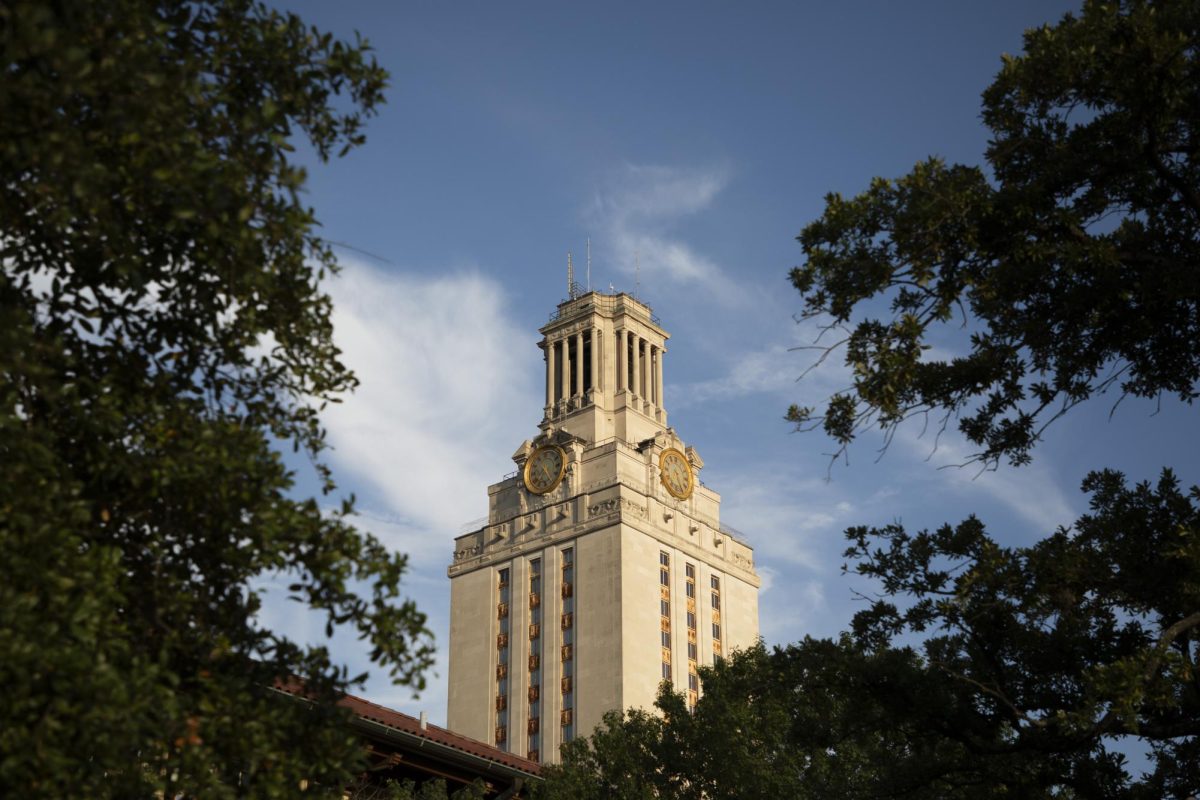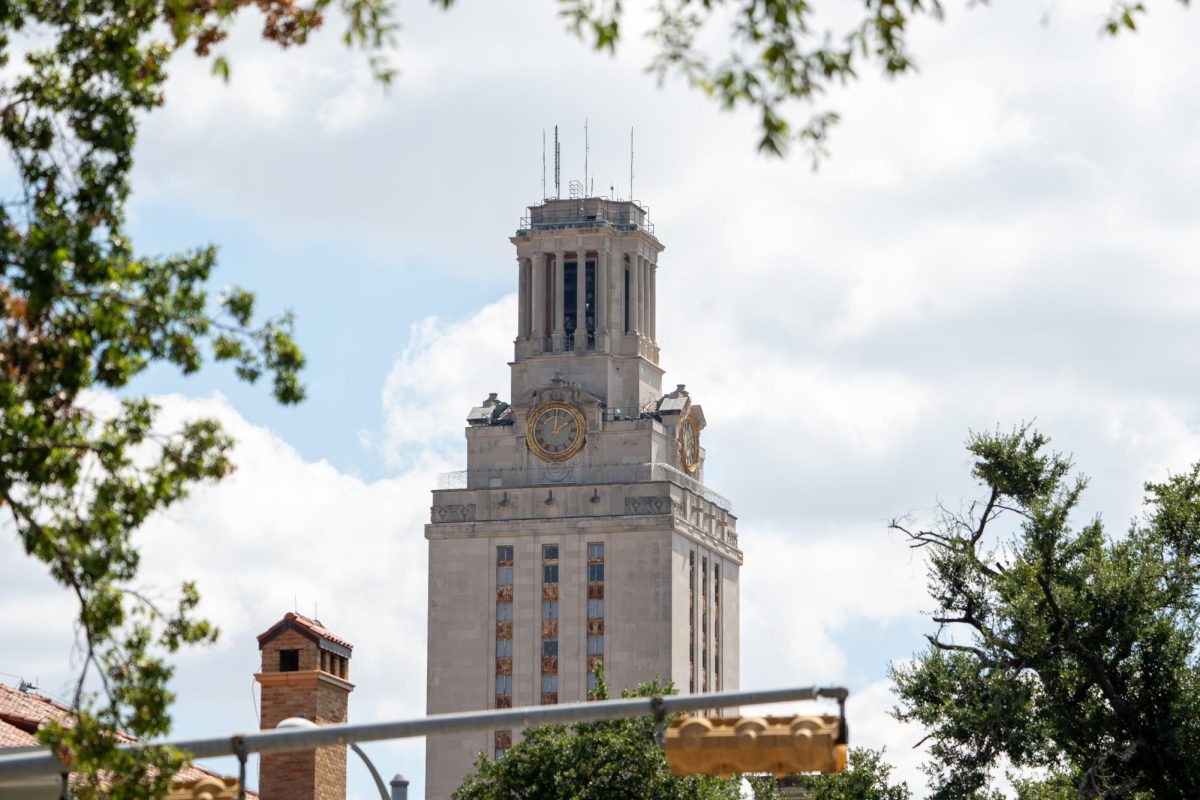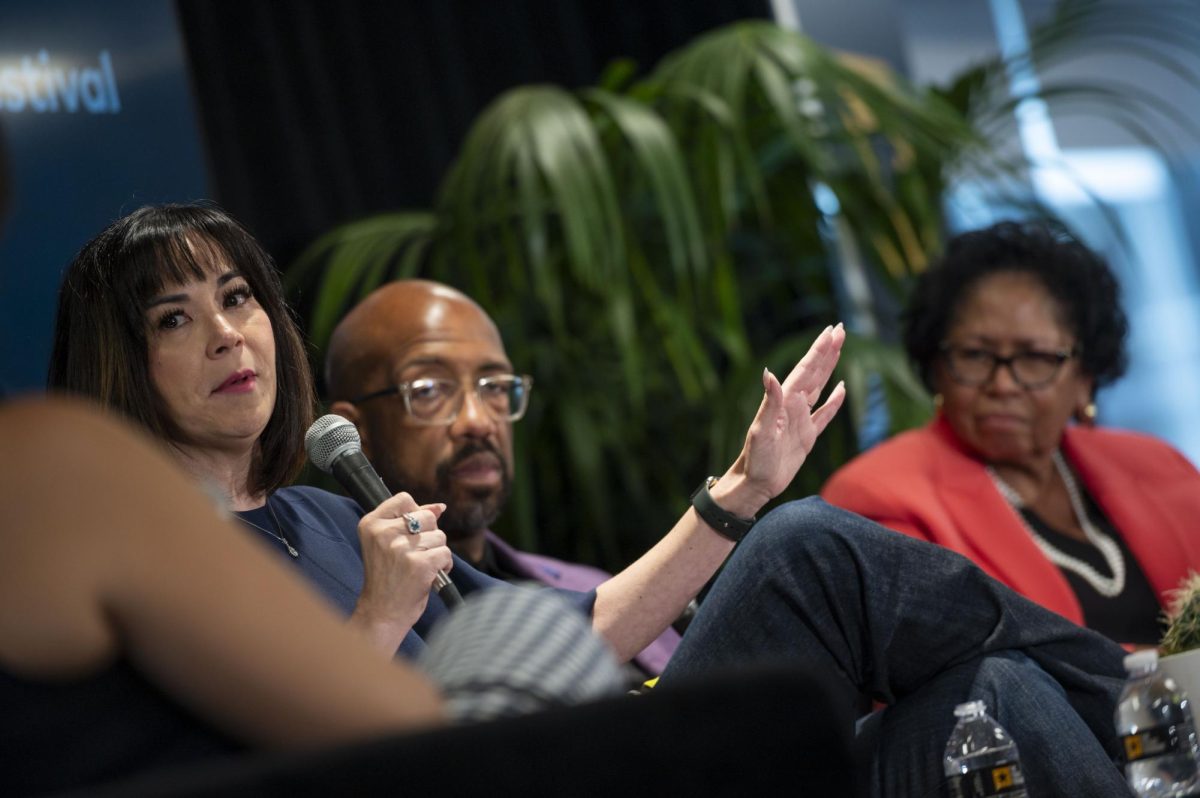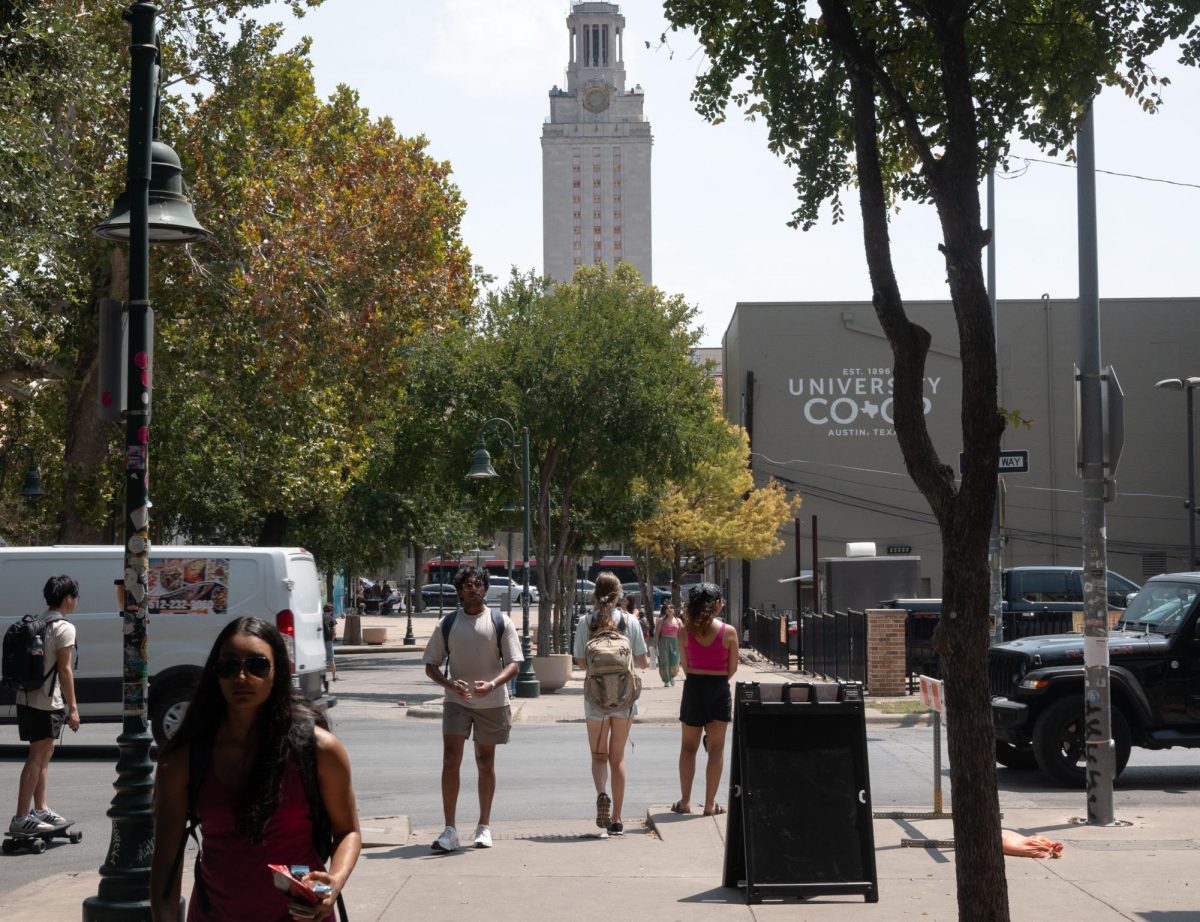A recently formed UT System Task Force met for the first time last week, brainstorming ways to make learning materials such as textbooks more affordable.
“We want to speed up, accelerate, build up the momentum we have to really lower the cost of higher (education) for students to make learning more affordable,” said Rebecca Karoff, co-chair of the Affordable Learning Accelerator Task Force and UT System associate vice chancellor for academic affairs.
Although in its preliminary phase, the Task Force’s duties include a systemwide environmental scan to evaluate existing affordable learning resources and to develop a report with recommendations that increase the amount of open educational resources, or free faculty-licensed learning materials to be used instead of traditional textbooks.
“When you adopt open educational resources, there’s a huge return on investment that’s really very directly calculated,” Karoff said. “You can actually determine how much money you’re saving students when faculty adopt these open resources, and that’s a pretty cool thing.”
The average college student in the United States spends $1,240 on textbooks and learning materials during their time in college, according to College Board. Since finances are one of the reasons students drop out of college, UT System library directors proposed to cut these costs last spring by expanding the availability of open educational resources.
With the support of Chancellor James Milliken, the Task Force was created from this proposal and expanded beyond open educational resources to recommend innovative educational and learning materials in general.
The Task Force is comprised of provosts, library directors, faculty and students from across the System. Karoff said the Task Force hopes to complete its work around March 2020 but said that date is flexible because the group is just beginning.
Karoff pointed to UT-Arlington and UT-San Antonio as institutions recognized nationally for their efforts to provide affordable educational materials, including open educational resources. Dean Hendrix, UTSA’s Dean of Libraries, co-chairs the task force alongside Karoff and said so far, UTSA librarians have convinced at least 70 faculty to adopt open educational resources in their classes. Hendrix said UTSA is just now looking into how this has affected student success.
“We have about 45 percent (of students at UTSA that) are Pell eligible,” Hendrix said. “For those students, to have wide ranging student success, we need to address the financial issues that often stop students from pursuing their degree.”
Despite the growing movement to use open educational resources in classrooms, Karoff said actions recommended by the Task Force will not force faculty to adopt open educational resources or other learning material innovations if they do not want to.
Carlos Herrera, an occupational therapy graduate student at UT Health San Antonio, is one of three students on the Task Force. He said his work with the UT System student advisory committee’s affordability working group opened his eyes to the issue of college affordability, and he said he will use his experience as a student to advocate for his peers’ needs.
“I’m in school right now, and it’s expensive,” Herrera said. “I think everyone understands that. I’ve been in positions recently where I was a little worried about how I was going to get through the month and had to figure it out … Being broke is no fun, and it seems more than ever that being in school means being broke.”





















